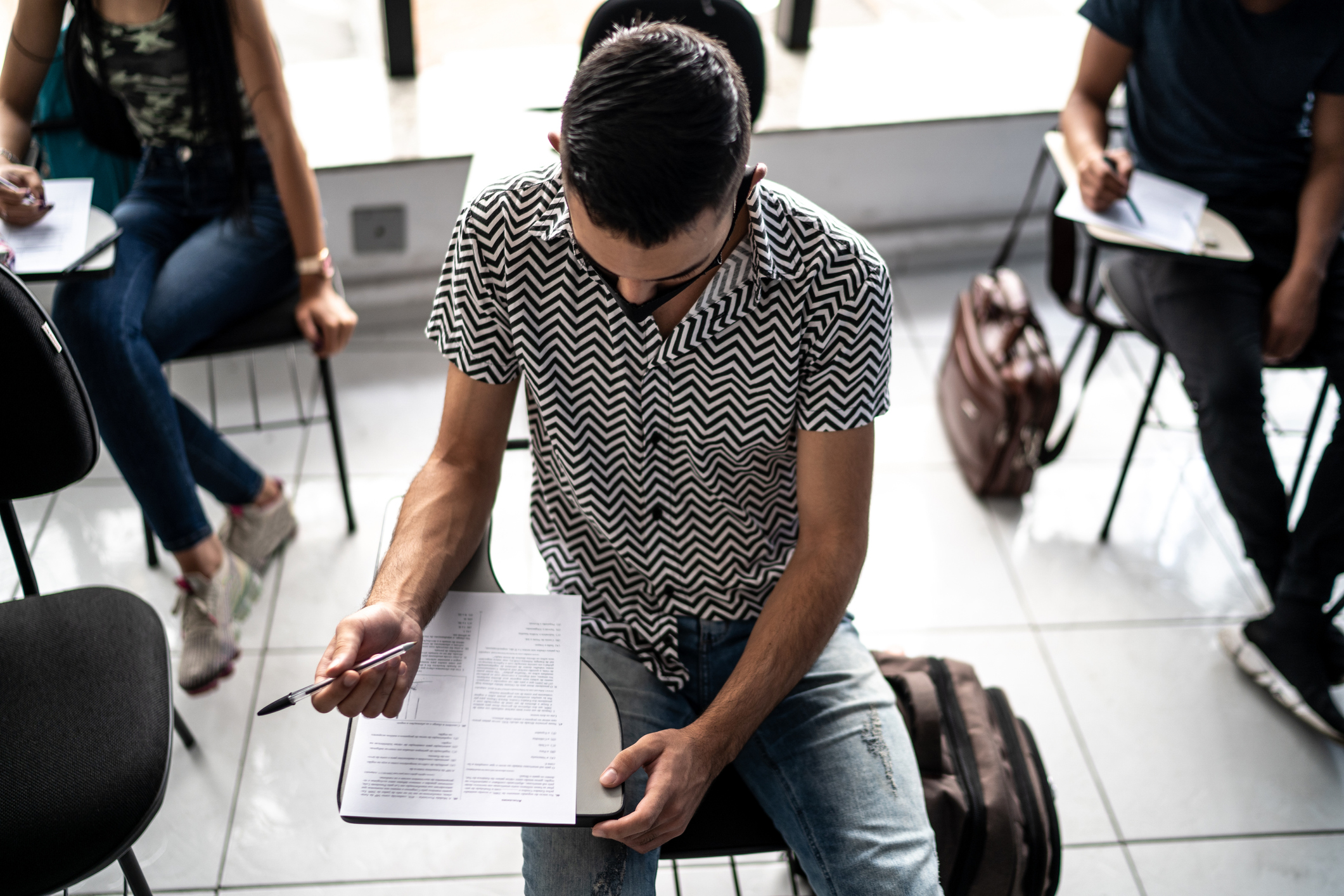Don’t Be a Turkey: Keep Thanksgiving Safe and Legal
While frying a turkey for a gaggle of sneezy nephews, hosting a cornucopia of distant cousins, or stuffing your brother in a pick-up football game, calamity can befall even the most readied merrymaker. Thanksgiving can bring mirth or misadventure. Our lives are hectic already, and it can feel like we’re jumping out of the frying pan and into the fire if we don’t have a solid holiday plan.
With that in mind, here are some practical tips to help you stay safe and within the law this Thanksgiving.
Protect the Turkey
It may seem a pilfered turkey is a concern for only the most anxious, but it does occur. In fact, in 1934, there was a turkey-theft crime wave in Delaware. But preventing your fowl from being pilfered this Thanksgiving can be easy.
- Lock your doors, windows, and outbuildings: Unlocked doors and windows are an invitation to thieves. Garage doors are frequent points of access.
- Get a dog: A Boykin Spaniel, English setter, or Labrador Retriever is a great turkey hunter. Having one on hand could help you track down your dinner if worse comes to worst.
- Secure the perimeter: Thieves look for easy targets. Check your existing perimeter fencing for flaws that could allow easy access to your animals. Consider the height of any fencing and gates.
- Consider installing cameras: Whether in your home or around the yard, cameras are a popular choice for enhancing home security. Some cameras even allow for remote access so you can call the police the second anyone absconds with your bird.
Cook With Caution
Now that you’ve fortified your food fortress, simmer down and contemplate your cooking method. According to the National Fire Protection Association, cooking causes almost half of all reported home fires and more than two of every five home fire injuries. Turkey fryers can be particularly dangerous, so consider using another method. If you do decide to use a fryer, following the tips below can minimize your risk of injury.
- Use the fryer outside: Use the fryer on your driveway or other non-flammable, outdoor surface. In the case of an oil spill, this should prevent the ignition of nearby flammable materials.
- Thaw the turkey first: Hot oil and water are a deadly combination posed by turkey fryers. If you don’t thaw your bird the ice particles inside your bird will cause an explosion when they hit hot oil in your fryer. Make sure your turkey is fully thawed before cooking.
- Keep out of reach of children: Kids are curious. Keep your children away from the fryer to prevent accidental spilling of hot oil.
- Do not leave the fryer unattended: Constantly supervise the fryer during use.
- Wear adequate clothing: Protect yourself from grease splatter by wearing adequate clothing such as long sleeves, long pants, and a heavy apron. Protect your hands with potholders or oven mitts when handling the fryer or any of its parts.
- Dispose of oil properly: Until used grease is completely cool, the risk of injury continues. Disposing of oil properly is an important step in completing your safe cooking practice.
Serve Alcohol Responsibly
With the turkey all sewn up, what will you pair with it? The decision to serve alcohol can be complicated, especially if guests vary in age, or an invited guest has a reputation for overuse. Be sure to understand the laws of your state related to social hosts (a person who furnishes another with alcohol in a social setting and not as a licensed vendor).
In most states, a social host can be held responsible for injuries to a minor and any other individual cause by a minor being provided alcohol by the host. Some states extend responsibility further to hosts who provide alcohol to adults who then cause harm to others. Here are some other tips:
- Closely monitor guests: While most guests monitor their own drinking, there will be those who don’t. Consider keeping alcohol behind a counter and available upon request only. Do not serve or allow a guest to continue to consume alcohol if they appear drunk.
- Keep alcohol away from minors: It’s so important we’ll say it again: You are responsible for injuries or deaths caused by an intoxicated minor even if you did not physically hand them a drink. Simply allowing access can lead to responsibility, therefore it is better to keep alcohol completely inaccessible to anyone under 21.
- Consider a silent last call: Bars announce last call to maximize sales prior to closing. At a private gathering, you may choose to use an alternative “silent last call,” where alcohol is no longer served within 30 minutes of the end of the gathering, but you don’t make an announcement. Removing alcohol without informing guests will keep them from consuming copious amounts of alcohol immediately prior to driving.
- Encourage the use of designated drivers: A designated driver should be more than the “least drunk” of a group. They should be completely sober for the duration of the gathering. People riding with a designated driver should give the DD their keys before anyone begins drinking to avoid any potential conflict at the end of the night.
- Keep it dry: The safest way to avoid illegality and injury at your gathering is to keep it alcohol-free. Whether a cider, a spritzer, or a mocktail, there are a variety of fantastic alcohol-free drink recipes available.
Play Protection
Now that you’ve had a safe meal and calm cocktail hour, you might choose to spend quality time playing with your family. For my family, a merciless game of canasta is a family tradition. Other siblings settle the score with a traditional family football game.
These family turkey bowls became more difficult during the COVID-19 pandemic, so some players may be rusty. Before you call an audible that may lead to injury, remember the basics:
- Stretch for 10 minutes before games: Whether you’re in great shape or haven’t left the couch since last Thanksgiving, warming up appropriately can go a long way toward helping you avoid unintended injury.
- Assess your abilities and listen to your body: Did you eat too much gravy? Feeling sluggish? Be honest with yourself about whether your play is safe for you. If not, consider that canasta game instead. Pay attention to physical signs of distress like fatigue, thirst, inability to catch your breath, or muscle ache. Be mindful and rest.
- Don’t tackle: Keep your play contact-free as much as possible. Don’t be like the NFL and end up in the news because of head injuries. Many home football games have players of varying abilities and sizes, which may increase the chance of contact-related injuries, so think twice before stuffing your brother as hard as you can.
- Wear protective clothing: Most people don’t have football pads squirreled away in the garage. Even non-contact sports can lead to accidental falls or collisions. If you do have pads or protective gear, wear them. If you don’t, wear long sleeves and pants to protect against cuts and scrapes.
Most families have a legendary story of a Thanksgiving when the stove burst into flames, grandpa drank too many hot toddies, or the cool aunt broke her ankle tackling Dad. This year, because you’ve followed these tips, your Thanksgiving stories may be filled with less drama, but you can, as Charles Dickens said, “Reflect upon your present blessings — of which every man has many — not on your past misfortunes, of which all men have some.”
Related Resources:
You Don’t Have To Solve This on Your Own – Get a Lawyer’s Help
Meeting with a lawyer can help you understand your options and how to best protect your rights. Visit our attorney directory to find a lawyer near you who can help.






